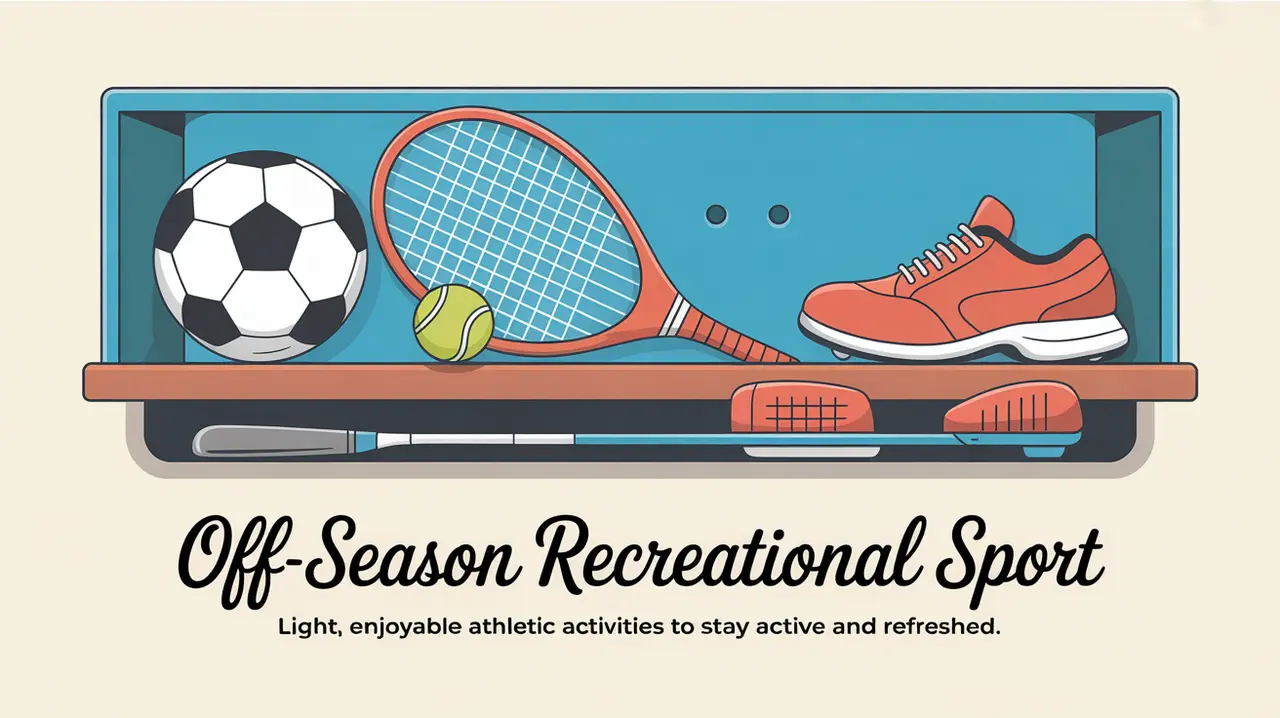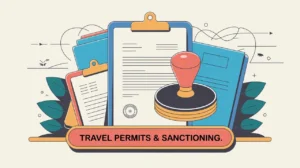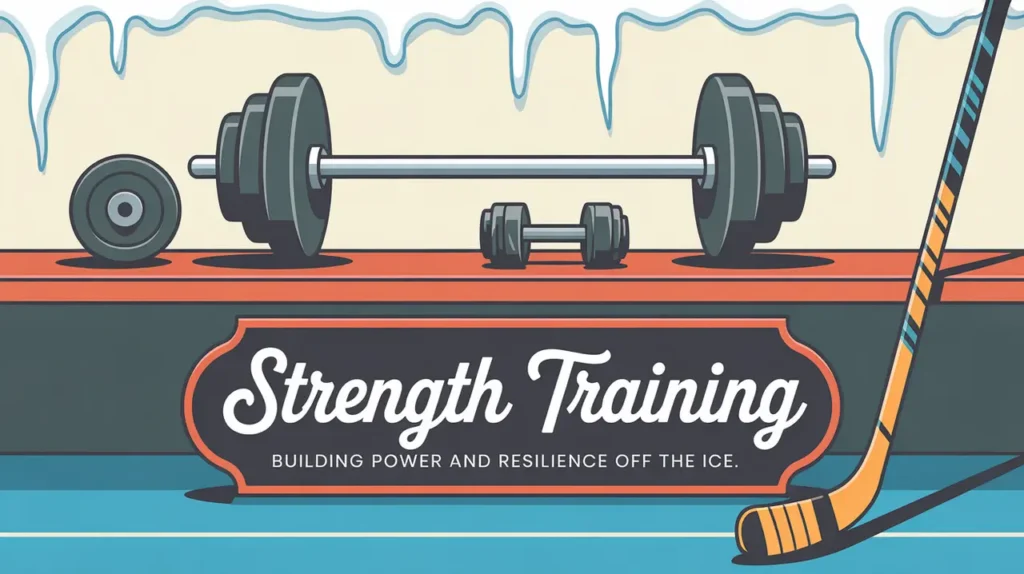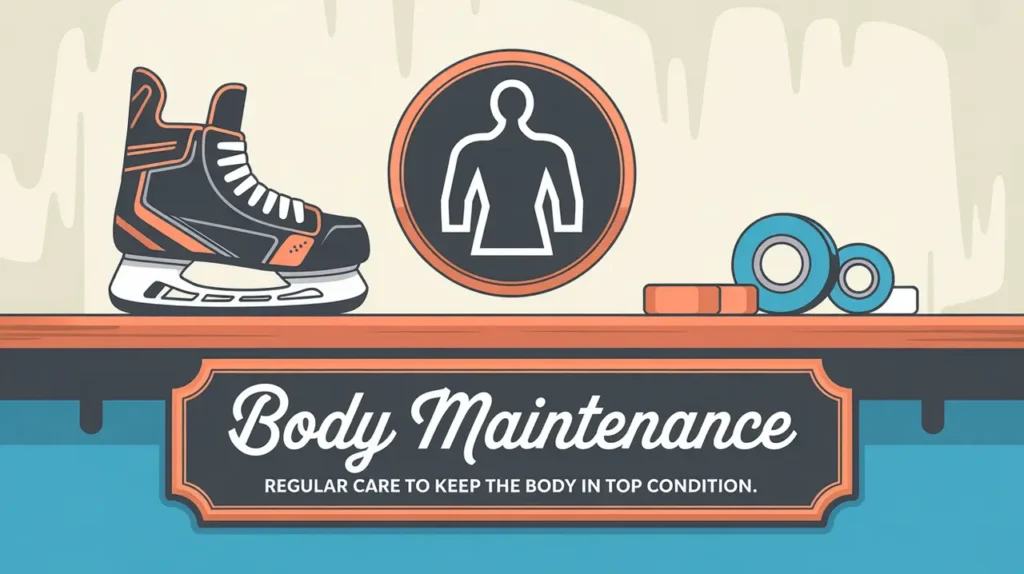Jim’s Intro to Off-Season Recreational Sport
Hi folks, Jim here, the only commentator who once joined a summer soccer game to “stay in shape.” The coach told us to practice our foot-eye coordination. I don’t know why everyone got so upset. I did apologize to the player I kicked in the eye, and i did say I hoped he wouldn’t get a shiner.
What is off-season recreational sport?
Off-season recreational sport refers to playing other sports or engaging in light, enjoyable athletic activities outside of hockey’s regular season. It’s less about intense competition and more about staying fit, developing complementary skills, and giving the mind and body a break from hockey’s grind.
How does it work?
Recreational sports support development and recovery in several ways:
- Active Rest: Keeps players moving without the physical and mental demands of structured hockey.
- Skill Transfer: Sports like soccer, basketball, tennis, or martial arts build agility, coordination, and spatial awareness that translate well to hockey.
- Injury Prevention: Changing movement patterns reduces repetitive strain.
- Mental Refresh: A new environment helps players avoid burnout and return to the rink energized.
- Social Connection: Playing with friends outside the hockey bubble builds balance and joy.
How do you make good decisions with it?
- Pick Low-Stress Activities: Focus on fun and movement, not high-stakes competition.
- Balance Intensity: Avoid overloading with multiple demanding sports at once.
- Consider Complementary Skills: Choose sports that enhance coordination, endurance, or flexibility.
- Give the Body a Break: Let injuries heal and avoid year-round hockey strain.
- Keep It Enjoyable: The goal is variety and fun, not another season of pressure.
How do you master it?
Mastering off-season recreational sport means finding the right mix of activity and rest. The best players return to hockey sharper because they moved differently, stayed fit, and gave their minds a breather.
What does it look like when done right?
When off-season recreational sport is done right, players come back refreshed, stronger, and more well-rounded. Their edges are sharper, their energy is higher, and their enthusiasm is fully recharged.
Commentator’s Corner
Jim’s Take
Off-season sport is like switching from game tape to a good comedy show. It resets the brain while keeping you in rhythm.
Parent Tip
Encourage players to explore different sports for fun. It develops broader athleticism and prevents burnout.
Player Tip
Use the off-season to move, play, and recharge. When you return, you’ll feel the difference in your stride and mindset.
A Final Thought
Off-season recreational sport keeps the love of the game alive while building versatile, durable athletes. Master it, and you’ll return to the rink not just rested, but better.

